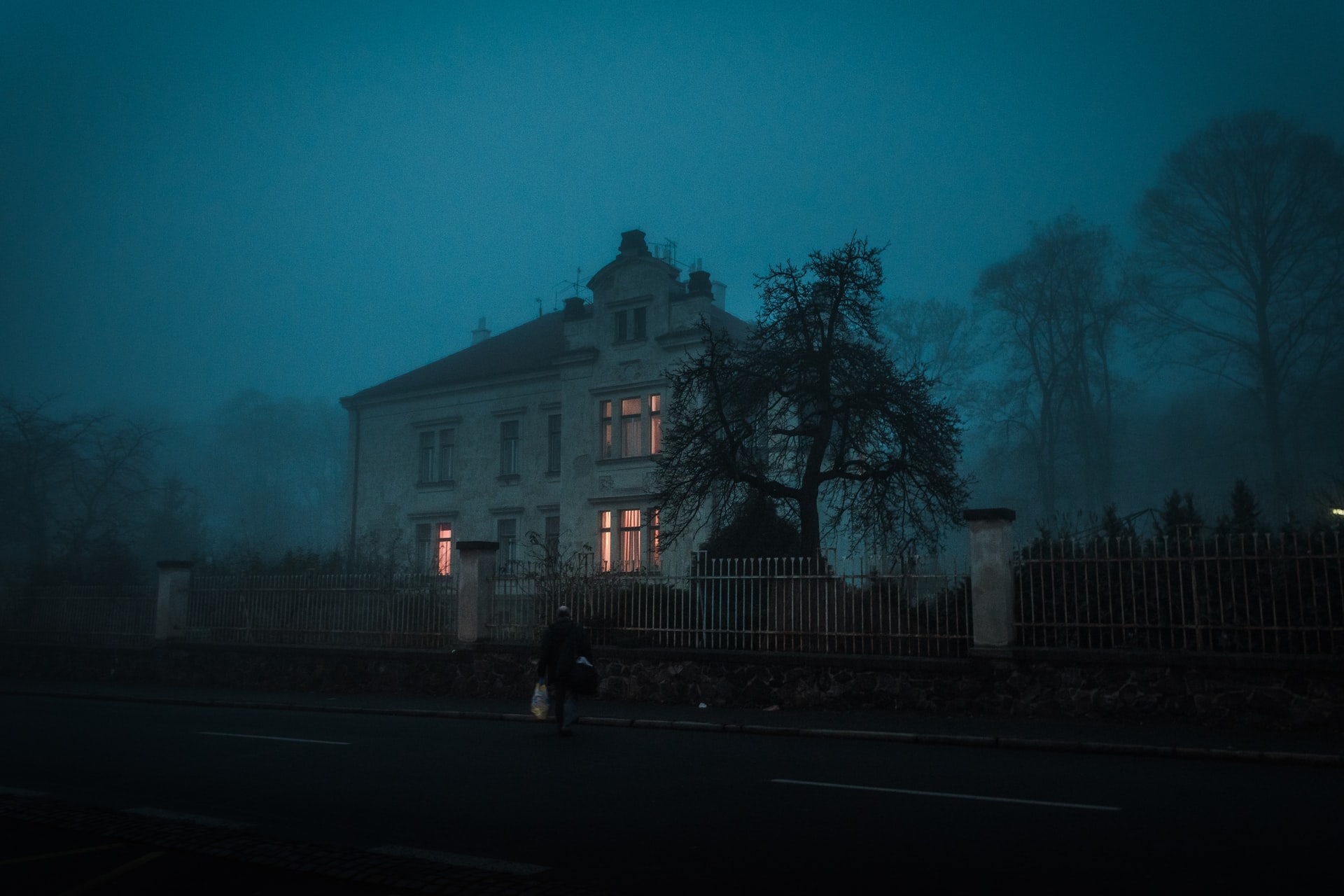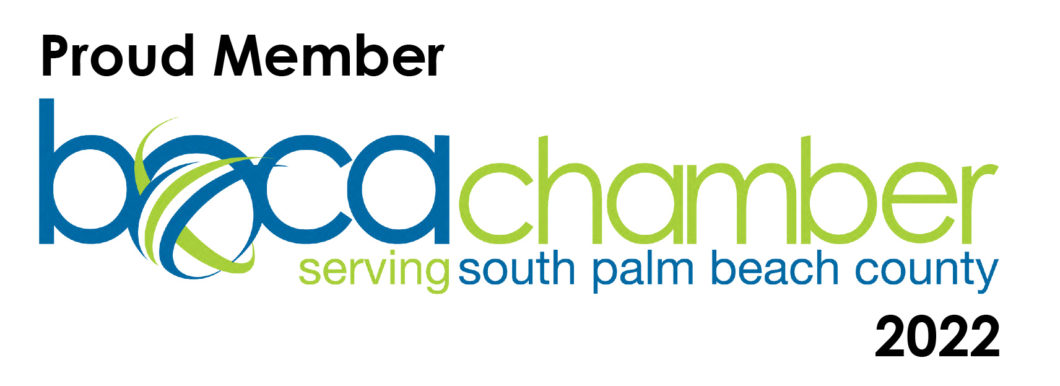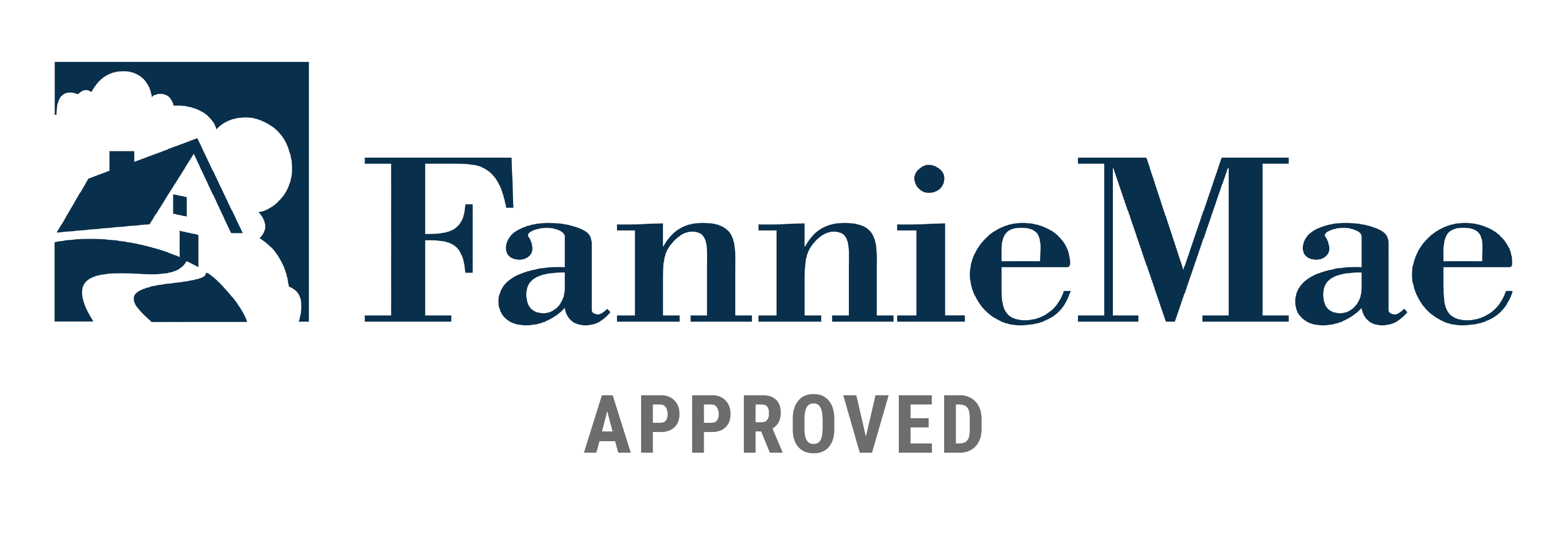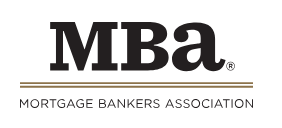Protecting Your Property From Tricksters
Halloween is the only night of the year where your home can freely be transformed into a haunted house. With all the little monsters and ghouls coming to your door, the trick may be on you if someone gets hurt while on your property. If you’re planning on inviting any guests onto your property this Halloween, remember that you’re legally responsible for their safety while they’re on your premises.
What is Premises Liability?
If a visitor gets injured on your property, and you as the property owner are found to be at fault, then you’ll be considered liable.
Home
If you’re the homeowner, then you may be held responsible for any accidents and the injury if you are found to be negligent.
Rental
If you’re renting, normally the landlord is responsible for injuries on the property. However, be sure to check your lease agreement prior to Halloween or ask your landlord for more clarification.
Business
Planning on hosting a spooky night event at your business? Be sure to keep the property free from obstacles, and remember to provide adequate signs and warnings, or you may be held liable for injuries.
How to get your home or business ready for treats and not tricks
- Keep all yard pedestrian areas leading up to your home well-lit and navigable. Look for any trip hazards on your property that you can fix or remove: electrical cords and hoses can be wrapped up or moved; toys can be picked up and put away; in-ground decorations like tombstones can be moved farther away from walkways.
- Wrap any safety hazards that can’t be fixed in time for Halloween with caution tape and block off the area.
- Be cautious if you decide to use fog machines or dry ice. Fog machines can make it hard for visitors to see where they’re stepping, and dry ice can burn the skin if it’s touched..again remember the children.
- If you have pets, leave them inside the house, preferably away from all the hustle and bustle. The unknown sights and sounds of Halloween can become overwhelming for dogs, so they may feel threatened and may react negatively.
- Move pumpkins and any potted plants to places where they will not be touched or kicked by visitors, with an emphasis on children.
- Use battery-powered fake candles in your jack-o-lanterns, rather than the real ones, avoiding a potential fire hazard is an absolute must.
Types of premise liability cases
Many different types of personal injury cases can be classified as premises liability cases, including:
- Slip and fall cases
- Snow and ice accidents
- Inadequate maintenance of the premises
- Defective conditions on the premises
- Inadequate building security leading to injury or assault
- Elevator and escalator accidents
- Dog bites
- Swimming pool accidents
- Amusement park accidents
- Fires
- Water leaks or flooding
- Toxic fumes or dangerous chemicals
As you can see, premises liability cases include a wide range of scenarios. Even dog bite cases fall under the umbrella of premises liability because they involve an unsafe condition on someone’s property (the presence of a potentially dangerous dog).
Determining Liability from state to state
Different states follow different rules about who may recover for premises liability and under which conditions. Some states focus on the status of the person visiting the property to determine whether liability is appropriate. The status of a visitor in those states is usually invitee, licensee, or trespasser.
An invitee is somebody invited onto a property for a commercial purpose, such as a customer at a mall. A social guest or licensee is also present on the property at the invitation or by permission of the property owner or occupant. For invitees and licensees, the invitation is an implied promise that it is safe to be on the property. In some states, a different duty of care is owed depending on whether a visitor is an invitee or licensee, but in other states that recognize these distinctions, the highest duty of care is owed to both.
In many states that focus on the status of the visitor to evaluate liability, trespassers who are on the property without any right to be there and who are hurt are unable to recover at all. The owner or occupant must simply refrain from intentionally trying to hurt the trespasser, such as by setting traps. However, in some cases, when an owner knows it is likely there will be a trespasser, it is required to give reasonable warnings of non-obvious dangers to trespassers. Usually, the exception to this rule is a child trespasser, who may get involved with an “attractive nuisance,” like a swimming pool, and thus is owed a higher duty of care.
In other states, courts focus on the state of the property and the owner’s and visitor’s actions. Generally, property owners and occupants owe a duty to keep property reasonably safe and make repairs for all visitors except for trespassers. Factors that are considered when determining the duty are the circumstances under which the visitor came onto the property, the nature of the property, the reasonableness of the owner or occupant’s actions to repair or warn, and the foreseeability of the injury.
Determining Liability specifically in the state of Florida
If a property is being rented by a tenant, the landlord owes a duty of care to the tenants to ensure that any known hazards are fixed or that the tenant has been warned of these hazards. If a tenant is injured, the court will typically hold the landlord accountable if the injury was caused by a stationary fixture, such as a light fixture or a wall. If the tenant was injured by a movable item, such as a table, the tenant will typically be responsible for the injuries.
What Do You Do If An Accident Happens On Your Property?
If at least one of these following three conditions occurs, the homeowner may be considered liable:
- The owner must have caused or created the dangerous conditions.
- The owner must have known about the dangerous condition but failed to fix it.
- The owner should have known about the dangerous conditions.
If one of these conditions is true, then the liability claim will normally go through your homeowner’s insurance.
If you don’t have enough liability to cover the claim, you may be held financially responsible for any medical expenses related to the injury.
Slip and fall accidents aren’t the only safety concerns on Halloween. You’re never expecting anyone to become injured on a fun night like Halloween, or on any other day but it can happen nonetheless, and navigating the nuances of the law can be scary and overwhelming. At Lubliner Law we know how to navigate property liability cases, contact us at 561-207-2018 for a free legal consultation.






